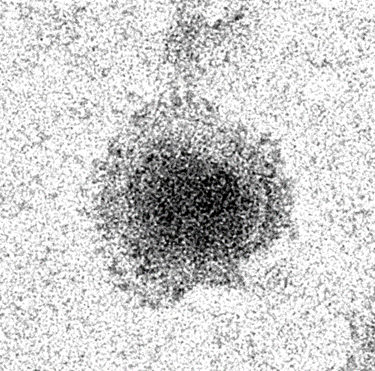Two Vanderbilt engineering professors could revolutionize the treatment of COVID-19 and related viral infections through research using nanotechnology to remove spike proteins from the viruses.

Michael R. King, J. Lawrence Wilson Professor and chair of the Department of Biomedical Engineering, and Zhenjiang Zhang, research assistant professor of Biomedical Engineering, discuss the innovative approach in their paper titled, “Neutralization of the New Coronavirus by Extracting their Spikes Using Engineered Liposomes.” The paper will be published in Nanomedicine: Nanotechnology, Biology and Medicine.
Nanomaterials have been pursued in the biomedical field over the last three decades due to their uniquely appealing features for drug delivery, diagnosis, imaging and miniaturized medical devices, according to the researchers.
In their paper, King and Zhang describe developing nanoscale liposomes that “potently inhibit viral entry into host cells by extracting the spike proteins from the pseudovirus surface.” Specifically in the case of COVID-19, scientists learned early on that SARS-CoV-2, the virus that causes it, has distinctive “spike” proteins that help the virus infect its host by latching on to healthy cells.
In the absence of an effective vaccine at the early stages of an emerging highly pathogenic outbreak, King and Zhang say the availability of safe and effective treatments is critically important to save lives. Currently, clinically approved antiviral drugs are only available for 10 human viral pathogens, despite the vast diversity of more than 200 human viruses.
“As viral disease emergence and re-mergence is expected to accelerate due to the massive increase in globalization and increasing human connectivity, there is a critical need to develop broad-spectrum antiviral treatments to prepare humanity for future outbreaks,” the paper says.
Nanomedicine: NBM is an international, peer-reviewed journal presenting novel, significant, and interdisciplinary theoretical and experimental results related to nanoscience and nanotechnology in the life and health sciences.
Contact: Lucas Johnson, 615-343-0137
lucas.l.johnson@vanderbilt.edu